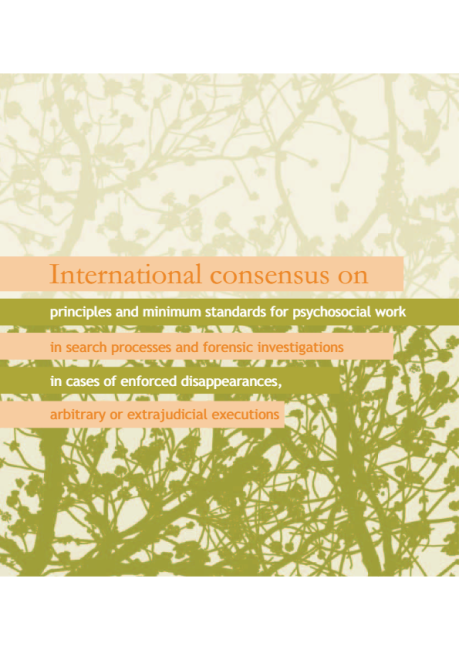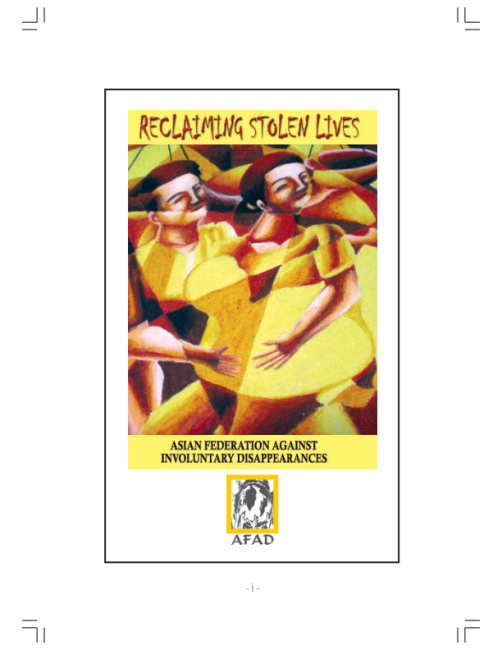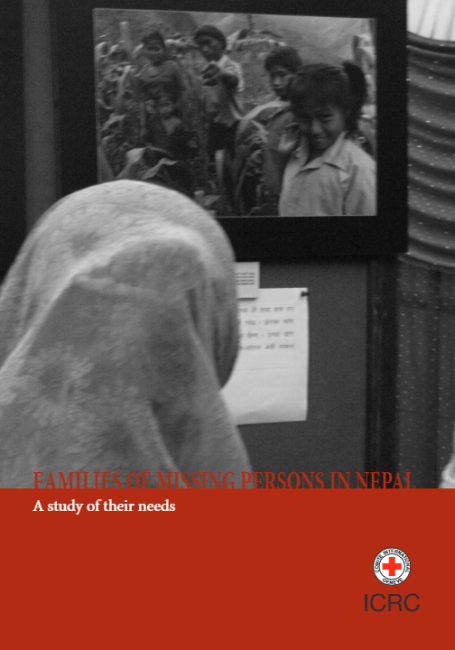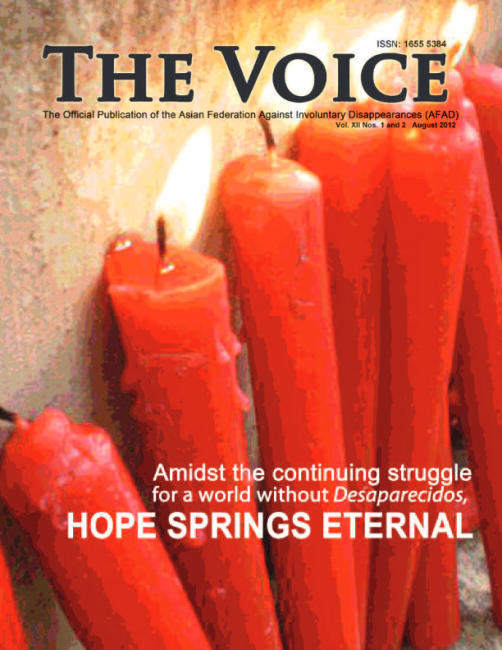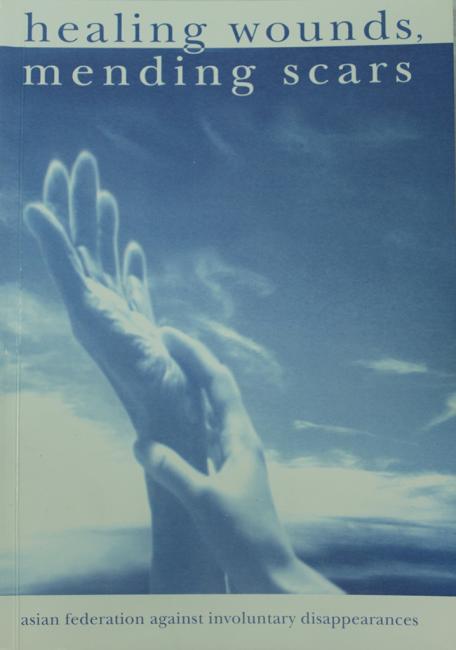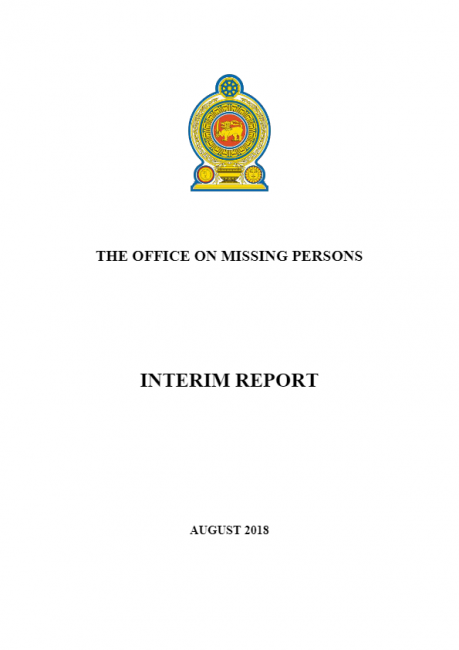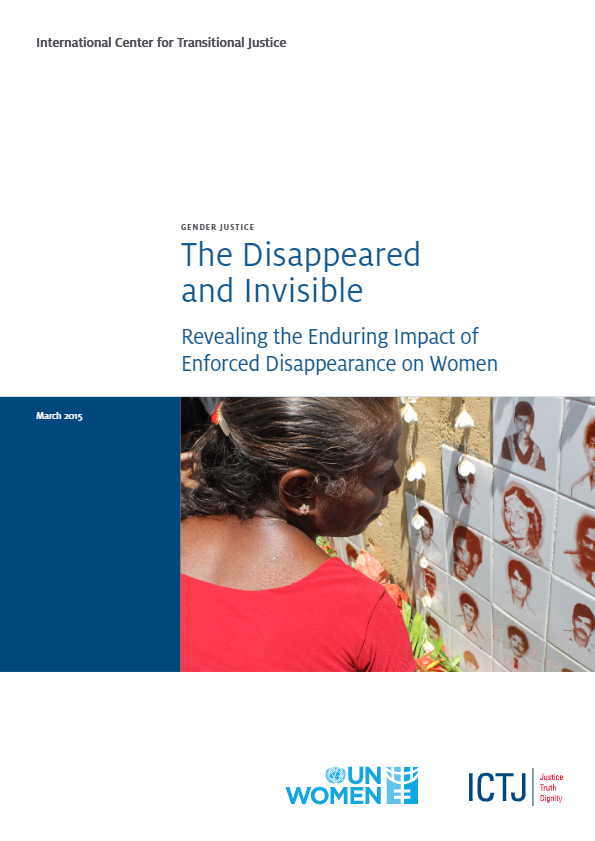
Report
The Disappeared and Invisible: Revealing the Enduring Impact of Enforced Disappearance on Women
Author
Polly Dewhirst, Amrita Kapur
Publication Year
2015
Region
Africa
/
Asia and the Pacific
Thematic Area
Families
/
The Search Process
Topic
Criminal Justice
/
Enforced Disappearance
/
Family Needs
/
Gender
/
Memorialization
/
Mental Health
/
Psychosocial Support
/
Reparation
/
Right to Know/Truth
/
Transitional Justice
Access
Open access
This report canvasses 31 countries to see how the crime of enforced disappearance affects women as both the disappeared and the female relatives of the disappeared. It finds that across cultures, women face serious barriers to seeking relief due to discriminatory laws and practices. It reviews common strategies that transitional justice mechanisms use to deal with enforced disappearance and reflects on their ability to meet the specific needs of women. As a set of recommendations, it presents lessons from around the world about the need to consider women’s experiences, including when implementing measures like truth commissions, prosecutions, and reparations.
Share


